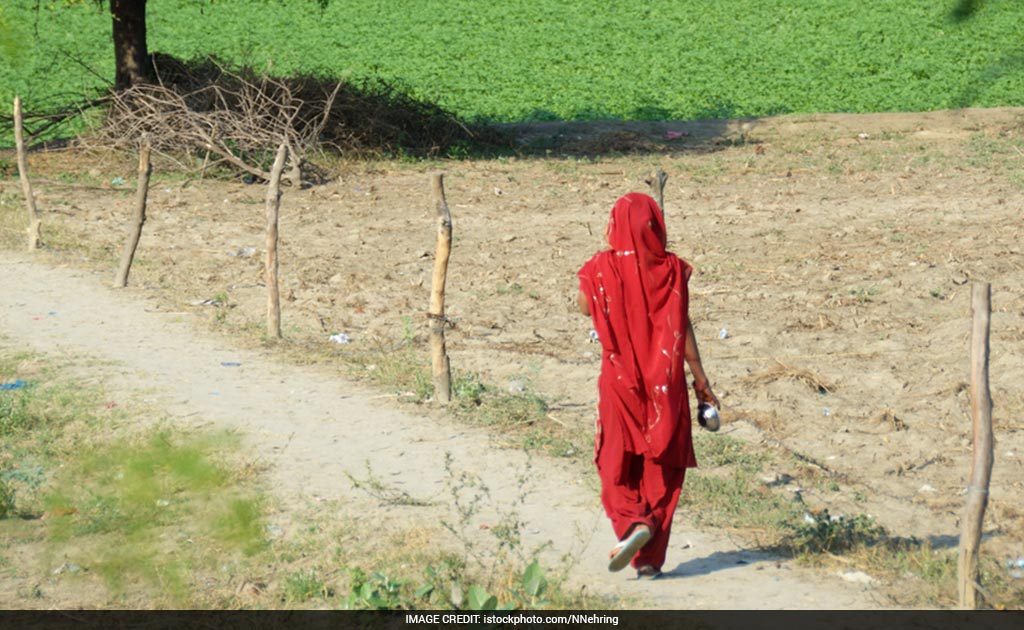Lack of Toilets at home: A ground of Cruelty
Lack of sanitation is a huge problem in India. India loses approximately 6.4% of the GDP in health costs, productivity losses and reduced tourism revenue due to inadequate sanitation and poor hygiene. The Swachh Bharat Mission has tried to make India open defecation free with India’s freedom struggle. More than half of people in rural areas still go… Read More »

Lack of sanitation is a huge problem in India.
India loses approximately 6.4% of the GDP in health costs, productivity losses and reduced tourism revenue due to inadequate sanitation and poor hygiene. The Swachh Bharat Mission has tried to make India open defecation free with India’s freedom struggle. More than half of people in rural areas still go for open defecation though things seems to be changing after construction of community toilets as part of Swachh Bharat Mission.
Several problems are faced by the rural people especially the women who have to go out to defecate in open.
For a newly wedded lady, it is very uncomfortable for her to go out and defecate. Women feel insecure and troubled about having to go to the fields, particularly after sunset, and particularly in the monsoon when the ground is waterlogged. Large numbers of Indians, especially women, have paid a high price for the slow pace of change when it comes to improving India’s sanitation. Disease and even death are all too common consequences of poor toilet habits in India’s villages, where over 70% of the population still defecate behind bushes, in open fields, on the roadside or along railway tracks.
Billions of rupees has been spent over decades on India’s sanitation programmes, yet half of the country’s population still battles disease and a myriad other problems brought on by a lack of toilets. Human faeces contaminate crops, food, drinking water in wells and ponds. The lack of hand washing among children helps the spread of diseases.
Across India, poor people find it difficult to build toilets and maintain them.
And sometimes, when they do, old habits are hard to shift. Often after it is built, a toilet is used as a storage unit for fodder or other items. A survey showed that in at least 40% of households with a newly-built toilet, a member of the family was still defecating in the open. Two cousins allegedly raped and hanged from a tree in Uttar Pradesh’s Badayun district earlier this year, were attacked after they had stepped out of their homes to relieve themselves.
Disgraceful for society and a “torture” to women.
A family Court on August 20th, 2017 in Rajastha’s Bhilwara District held that absence of toilets at home amounts cruelty. A women has filed a petition in October, 2015. She got married in the year 2011. Since then, after repeated assurances, her husband failed to build a toilet and has been forcing her to defecate in the open. Judge Rajendra Kumar Sharma observed that Women in villages have to wait for dark to venture out in order to relieve and as a result has to bear with physical pain. It is an irony that people who spend a lot of money on alcohol, tobacco and mobile phones, don’t have toilets in their homes.
Thus the judge concluded that a toilet is necessary at home and going to defecate in the open was “disgraceful” for society and a “torture” to women.
By – Poornika
Faculty of Law, Delhi University
Content Writer @ Legal Bites


